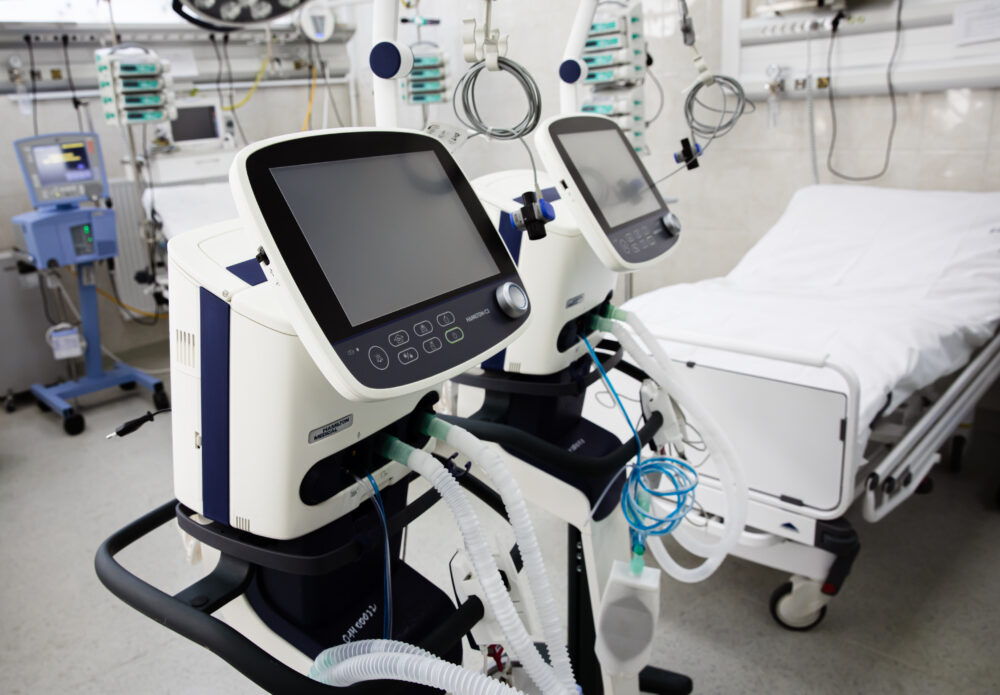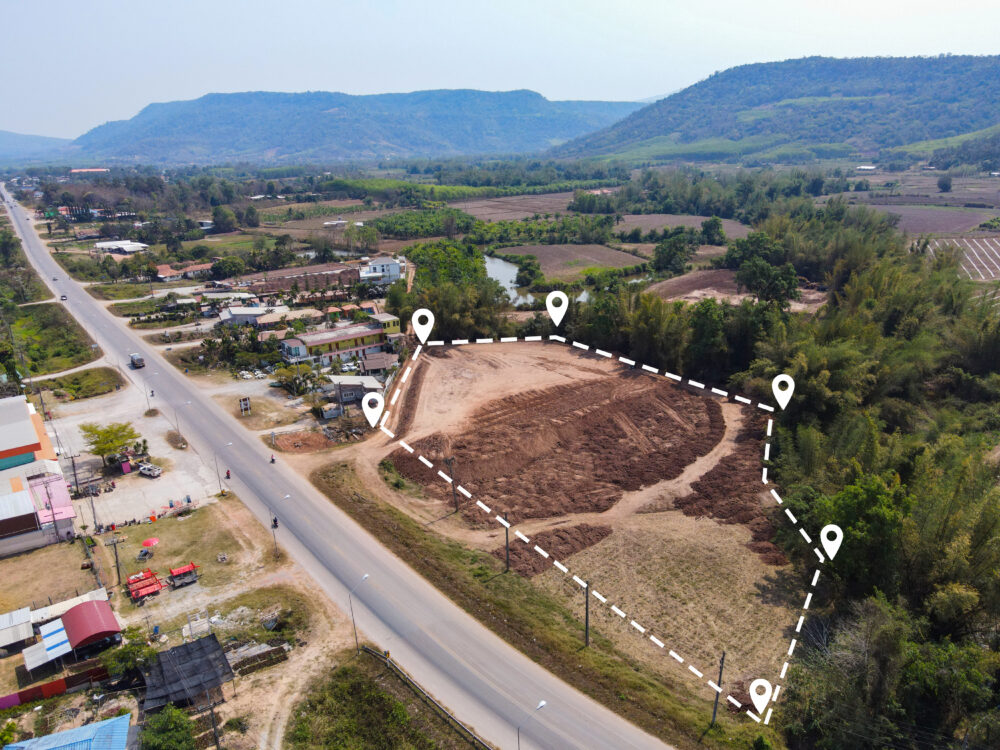The selection and use of safe, environmentally friendly products are becoming increasingly popular and favored by consumers. Among these products, non-woven fabric bags made from polypropylene are widely used in daily life. For manufacturers and sellers of these products, current regulations require the announcement of conformity for non-woven fabric bags to ensure compliance with the conditions for market circulation. This article will analyze the applicable legal regulations to help businesses understand the requirements for product distribution.
1. Evaluation of Non-Woven Fabric Bags Made from Polypropylene
According to TCVN 10042:2013 ISO 9092:2011, which sets out terminology and definitions for non-woven fabrics, non-woven fabric is defined as textile material structures, such as fibers, continuous filaments, or staple fibers of any nature or origin, formed into sheet-like fabrics by various methods and bonded together by different techniques, except for knitting, weaving (such as woven fabrics), lace, braiding, or pile-woven fabrics. Notably, film structures and paper are not considered non-woven fabrics.
Based on these regulations, non-woven fabrics have a broader manufacturing process compared to traditional woven and knitted fabrics. Non-woven fabric bags made from polypropylene are produced through a specific fabrication process where the materials are bonded together to form fabric sheets. Therefore, the non-woven fabric bags manufactured by the facility are classified as non-woven fabrics.
2. Regulations on the responsibility for carrying out the announcement of conformity
According to regulations on product quality management in production, market circulation, and usage, manufacturers are responsible for announcing conformity by declaring that their products comply with standards (announcement of standards conformity) or technical regulations (announcement of conformity) as stipulated in Article 24.1 of the 2007 Law on Product and Goods Quality. The announcement of standards conformity and the announcement of conformity must be carried out in accordance with the laws on standards and technical regulations.
For textile products, current regulations set national technical standards on the permissible limits of formaldehyde content and aromatic amines derived from azo dyes, specifically QCVN 01:2017/BCT, issued under Circular No. 21/2017/TT-BCT (“Technical Regulation”). Specifically:
- Article 1.1.1 – Scope of Regulation: The list of textile products subject to the Technical Regulation is specified in Appendix I attached to the Regulation. Cross-referencing the listed products in Appendix I, non-woven fabric bags may correspond to goods classified under HS Code 5603, described as “Non-woven products, whether or not impregnated, coated, or laminated,” as stipulated in Appendix I.
- Article 1.3.2 defines textile materials as natural or synthetic fibers.
- Article 1.3.3 defines textile products as those originating from textile materials that have undergone processing (such as fibers, woven fabrics, knitted fabrics, non-woven fabrics, coated fabrics, synthetic leather substitutes, and other related products depending on their intended use). It also includes textile products that share the same raw materials, weaving techniques, finishing processes, and are manufactured at the same facility.
Accordingly, non-woven fabric bags must comply with the conditions set out in the Technical Regulation. Under Article 3.1 of the Technical Regulation specifies product management requirements, stating that before being marketed in Vietnam, products must:
- Be announced for conformity in accordance with the provisions of this Technical Regulation; and
- Be labeled with the CR conformity mark in compliance with legal requirements.
3. Responsibilities of manufacturers and sellers
Enterprises may take on one or multiple roles, including that of a manufacturer, distributor (purchasing products from manufacturers and reselling them to consumers, etc.), or importer. The Law on Product and Goods Quality 2007 regulates different entities, each with distinct rights and obligations. This article focuses on two common entities: manufacturers and sellers.
3.1 Responsibilities of manufacturers
According to Article 10 of the Law on Product and Goods Quality 2007, manufacturers are required to fulfill the following obligations:
- Ensure product quality compliance before market release, as stipulated in Article 28 of the Law, and take responsibility for the quality of their manufactured products.
- Display product quality information on labels, packaging, and accompanying documents in accordance with regulations on product labeling.
- Provide warnings about potential safety hazards and precautionary measures for sellers and consumers.
- Immediately cease production, notify relevant parties, and take corrective measures upon discovering that a product poses safety risks or does not comply with the applicable standards and technical regulations.
- Recall and handle non-conforming products. If destruction is required, the manufacturer must bear all associated costs and be responsible for any consequences arising from the destruction process, as per legal provisions.
Manufacturers may face administrative penalties for failing to carry out the announcement of conformity for products subject to this requirement. Article 19.3(a) of Decree No. 119/2017/NĐ-CP stipulates that manufacturers may be fined VND 30,000,000 to VND 40,000,000. Additionally, they may be required to implement corrective measures, such as:
- Recalling products for recycling or repurposing;
- Changing the intended use of non-compliant products, or;
- Destroying hazardous products that pose risks to human health, animals, plants, or the environment, as prescribed under Clauses 1, 2, 3, and 4 of Article 19 of Decree No. 119/2017/NĐ-CP.
3.2 Responsibilities of sellers
Under Article 16 of the Law on Product and Goods Quality 2007, sellers must fulfill the following obligations:
- Ensure compliance with quality assurance requirements for goods circulating in the market and take responsibility for the quality of the goods.
- Verify the origin of goods, product labels, conformity marks (CR mark), and relevant quality-related documents.
- Immediately cease sales and notify manufacturers, importers, and buyers upon discovering that a product poses safety risks or does not comply with the applicable standards or technical regulations.
- Cooperate with manufacturers and importers in recalling and handling products that do not meet the announced standards or technical regulations.
If the competent authorities find that a product does not meet quality requirements, the seller may be ordered to suspend sales and must report the issue to the relevant product quality inspection agency within 24 hours. Additionally, sellers must coordinate with manufacturers to implement corrective measures, such as addressing labeling deficiencies, missing or incorrect conformity marks, or other quality management issues under the technical regulations, as specified in Article 40 of the Law on Product and Goods Quality 2007.
As analyzed in Section 2, manufacturers are responsible for the announcement of conformity for goods. However, businesses must also comply with quality assurance requirements for goods circulating in the market and are accountable for the quality of the products they sell. Selling products that fail to meet quality assurance requirements may result in administrative penalties. Specifically, under Article 20.4 and Article 3.2 of Decree No. 119/2017/NĐ-CP on administrative penalties in the field of standards, measurement, and product quality, violations such as selling goods that require a conformity mark (CR mark) but lack it or display an incorrect mark may be subject to fines ranging from VND 2,000,000 to VND 5,000,000.
See more:
Disclaimers:
This article is for general information purposes only and is not intended to provide any legal advice for any particular case. The legal provisions referenced in the content are in effect at the time of publication but may have expired at the time you read the content. We therefore advise that you always consult a professional consultant before applying any content.
For issues related to the content or intellectual property rights of the article, please email cs@apolatlegal.vn.
Apolat Legal is a law firm in Vietnam with experience and capacity to provide consulting services related to Business and Investment and contact our team of lawyers in Vietnam via email info@apolatlegal.com.





































